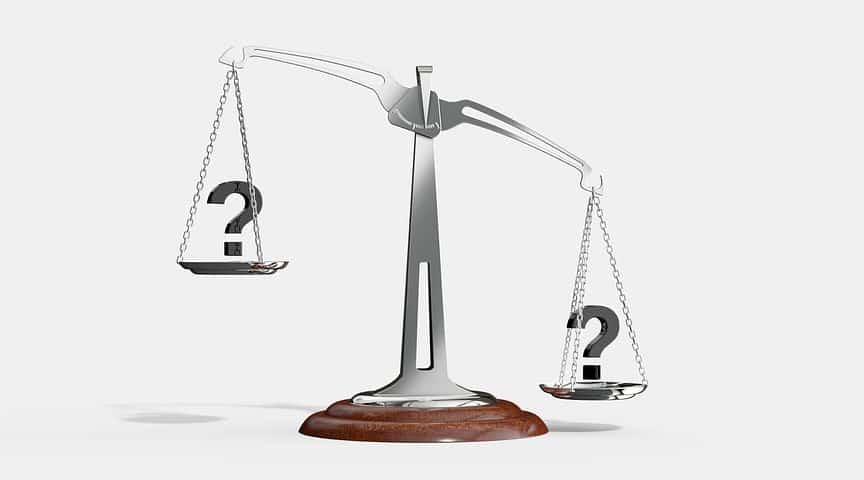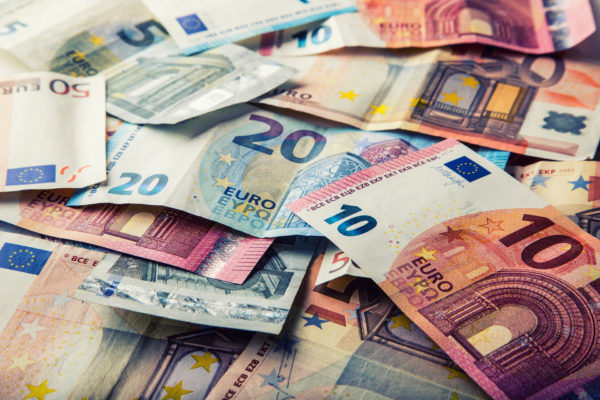Expert Insight, Breaking News, and Insider Stories on Real Estate in Paris

2023: Obstacles to home ownership in Paris
The French face many new obstacles to becoming owners in 2023, lending restrictions, rising interest rates, inflation, the climate crisis and fuel crisis. The real estate market could easily continue its decline, given the number of clouds that are gathering over it, even as the attraction to the the safe haven of owning historic buildings in France remains strong. The international context as well as the social tensions at home do not give any certainty on this subject.
The year 2021 ended with a record number of real estate transactions – 1.12 million sales – pulled by the tremendous desire of the French to move, born of the pandemic and favored by a level of interest rates that were historically low. The year 2022 ended with a market trend that was certainly very close (1.10 million sales) but misleading.
Because the period took place in two stages: first with a very active first half of the year, then a second marked by more difficult macroeconomic parameters and declined household financial confidence. “The real estate market took a turn during the summer,” notes Charles Marinakis, president of the Century 21 agency network. The market has indeed had to digest, among other things, the shock of the Ukrainian crisis. The consequences of this situation and others have acted as successive brakes, psychological as well as financial.
Restrictions on Lending
The first of these brakes, and not the least, complicated the access to the credit of the buying candidates. The rapid rise in interest rates, due to the monetary tightening decided by the central banks to cope with inflation, as well as the delays in adjusting the usury rate set by the regulator – the rate above which banks are not allowed to lend – have resulted in the refusal of a significant number of loan applications in recent months. The year 2023 looks a little more favorable, because, following a decision of the Bank of France, the ceiling of the usury rate will be raised not only once a quarter, but monthly, at least until July.
Interest Rates
Interest rates will continue to rise. In February, loan rates averaged 2.60% for a 15-year loan, 2.80% for a 20-year loan and 3.10% for a 25-year loan, but some banks were showing rates above 3% for all terms, and up to 3.67% for a 25-year loan,” observes Julie Bachet, director of Vousfinancer.
“The best profiles can still obtain 2.30% on 15 year loans, 2.40% on 20 years and 2.50% on 25 years,” estimates Olivier Lendrevie, director of Cafpi. Rates should stabilize around 3.50% by June. But the attitude of the banks, for the moment more anxious to help in priority the SME than the private individuals in search of a real purchase, is always restrictive. The beginning of the year does not bode well on this side. Only buyers with a significant down payment are currently obtaining financing. A source of social inequality, and therefore of discontent. It should be noted that mortgage interest rates granted to non-resident foreign buyers are currently at least 1 % higher than those given to local buyers.

Inflation
Beyond its effect on credit rates, inflation could also continue to alter demand and therefore cause sales volumes to fall even more sharply, “especially since it is likely to weigh on the “living expenses” of potential buyers, especially if the gap between the rise in salaries and the rise in prices is significant,” according to the Notaires de France.
Another obstacle, which has profoundly changed the market and the life plans of the French: the fuel crisis, which occurred last fall. The long lines at gas stations and the variations in the price at the pump have made those who wanted to find a living environment far from the cities think twice, especially through telecommuting. Discouraged by housing prices in the heart of the metropolises, many French people are now looking to buy on the outskirts of cities and want to be closer to train stations where, unfortunately for them, prices are highest and the supply of houses has dwindled since the rush of buyers during the Covid peak.
Climate crisis
Finally, the climate crisis, which led to the passage of the Climate and Resilience Act, has pretty much turned the market on its head. The obligation to renovate rental housing little by little – with a tightened timetable and many uncertainties regarding aid – may have put modest individual landlords in difficulty, those who only have this rent as a supplement to their retirement may not be able to afford the required upgrades.
The new measures have also prompted all buyers and sellers to question the energy performance diagnosis (DPE) of properties, slowing down the market. Among future buyers, “90% consider that a poor DPE is a negotiating lever or say they only visit properties with a good DPE,” notes Thomas Lefebvre, scientific director at MeilleursAgents.
Considering all of the obstacles of 2023: lending restrictions, rising interest rates, inflation, the climate crisis and fuel crisis; the good news is for those able to adjust to these obstacles and become owners, it is the perfect time to buy with the market somewhat depressed. And let us all hope that they do buy and keep the French economy strong.
Source: Nouvelobs.com
Contact Paris Property Group to learn more about buying or selling property in Paris.













